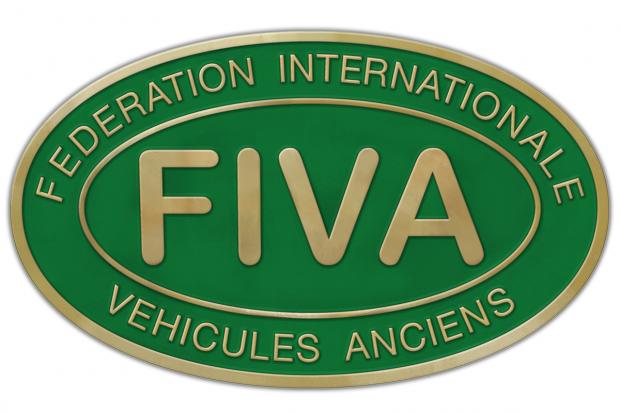
FIVA has reassured classic owners that it does not want a huge number of classics reclassified as “old” cars rather than “historic” vehicles, putting them at the mercy of modern legislation and emissions tests. The move comes after the Brussels-based organisation prompted widespread panic among enthusiasts by issuing a press release saying that only cars more than 30 years old, properly maintained in original condition and not regularly used could be viewed as historic.
When the press release, in which the Federation Internationale des Vehicules Anciens was lobbying for a consistent Europe-wide exemption for historic vehicles from LEZs, was reported, owners of cars that did not meet the criteria were up in arms, especially in the UK. The Federation of British Historic Vehicle Clubs even asked for it to be retracted.
Now FIVA has sought to clarify its position, as well as expressing shock at the reaction and dismay that its motives have been “misinterpreted”. In an exclusive interview with C&SC, FIVA president Patrick Rollet said that the definition had been in use for years and had never previously sparked such fury, plus that the reaction was largely restricted to the UK. He said: “Perhaps part of the problem is that with the Brexit referendum coming up in Britain, there is a lot of scepticism about anything to do with Europe and our press release has got caught up in that.

